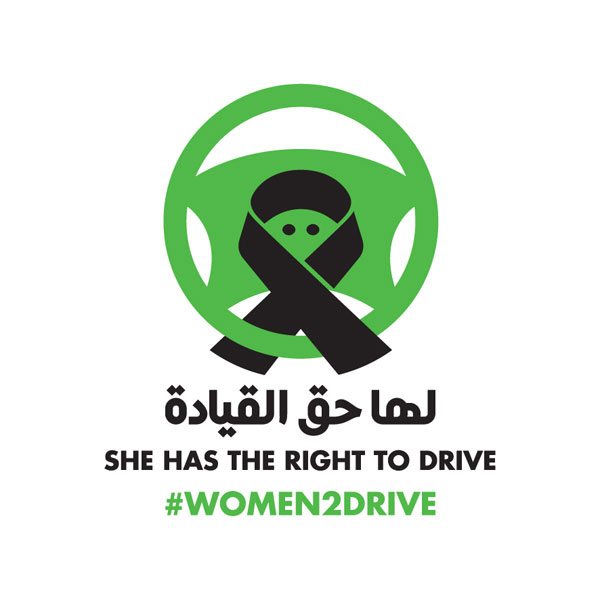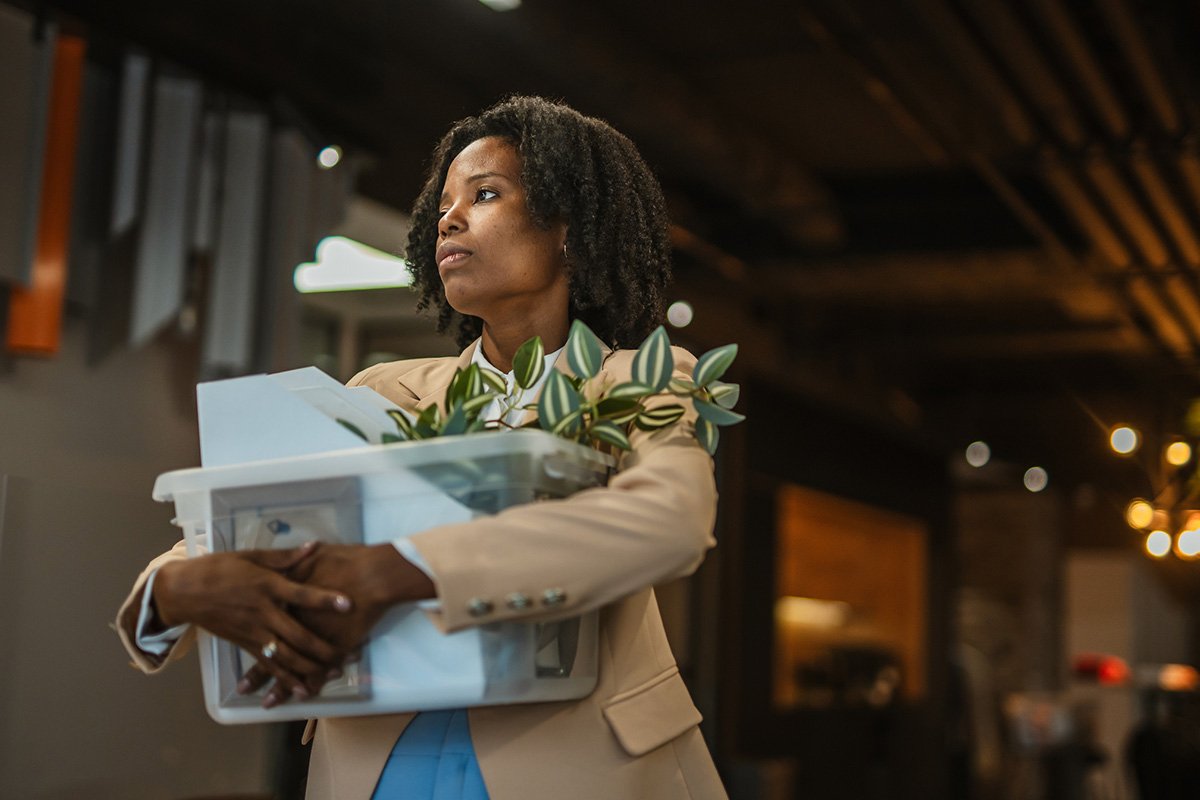
September 26, 2017; Middle East Eye
In 1990, 47 women drove in a caravan around Riyadh until they were stopped by the police. They were protesting the law that prohibits women from obtaining drivers’ licenses in Saudi Arabia, and they were arrested for their audacity. Nearly thirty years later, they have triumphed: Saudi Arabia will issue licenses to women next year, permitting them to drive.
After the 1990 protest, the “driver” women in government jobs were all fired, and they and their husbands were banned from foreign travel for a year. But, says “driver” Aisha al Mana, “I think it was worth it, because we raised the issue of the women in Saudi Arabia and the consciousness about it.”
Saudi Arabia is home to many brave activist women who fight the restrictions that sharia law imposes on their lives. In the West, the most well-known face of the movement to permit women to drive is Manal al Sharif. In a powerful and forthright interview with PBS NewsHour in August, Sharif said,
Nothing will emancipate women in my country like driving, because it gives them a sense of independence. It gives them a sense of liberty and freedom…There have been arrests for some of the leaders for this movement, which is good, by the way. That means they’re recognizing it’s influential and it’s making an impact…I do believe women have the key to change, if they break the wall of fear, if they challenge these unjust laws.
Sharif was proved correct this week, when King Salman issued a decree amending the law so women can drive by June 2018.
Sign up for our free newsletters
Subscribe to NPQ's newsletters to have our top stories delivered directly to your inbox.
By signing up, you agree to our privacy policy and terms of use, and to receive messages from NPQ and our partners.
Saudi Arabia has one of the highest rates of Twitter use in the world, and its activist women took a lesson from the Arab Spring and have used the platform to spread awareness of injustice and connect with one another. Feminist Loujain Al Hathloul used it to ask for help when she was arrested for driving to the Saudi border from UAE, and her friend Maysaa Al Amoudi used it to find her and deliver supplies. Sharif’s own activist profile began on the internet, when she uploaded a video of herself driving to YouTube.
Sharif said, “The millennial generation, the Internet-native generation of women, are changing—they’re changing the rules of the game in Saudi Arabia. They’re outspoken. They’re fearless. They’re courageous. And they really don’t submit to the rules my generation submitted to.”
She’s right, and the movement seems to be picking up speed. In 2015, for the first time ever, women not only voted in elections, they ran for local office. Last year, nearly 15,000 women signed a petition to end male guardianship, and started a movement called #IAmMyOwnGuardian. (Legally, Saudi women cannot travel, go to school, marry, exit prison, or see a doctor without permission from a male relative, effectively rendering them legal minors.) “Women should be treated as a full citizen. This is not only a women’s issue,” longtime Saudi activist Aziza Al-Yousef told the Guardian.
Al-Youself also campaigned to permit women to drive, saying, “I’m not worried, I’m not doing anything wrong.”
Traditionalists, of course, oppose this change, but the activists accept that not everyone will want to take advantage of available freedoms. “I think these women have the freedom not to drive, but then we should have the freedom to drive if we want to. If you drive, it means that you have access to the public, you have access to the institutions. But if you are totally unable to move unless you have a male to actually drive you, then you’re completely paralyzed. And that’s the essence of it,” says Fawzia al Bakr, one of the “drivers” from 1990.
The right to drive is a single battle in a long fight for Saudi Arabian women’s equal rights, but they are prepared for the long haul and eager to win their freedom. The specifics of the driving law remain unclear, but one thing seems certain: The women of Saudi Arabia are their own best advocates for equal rights.—Erin Rubin












